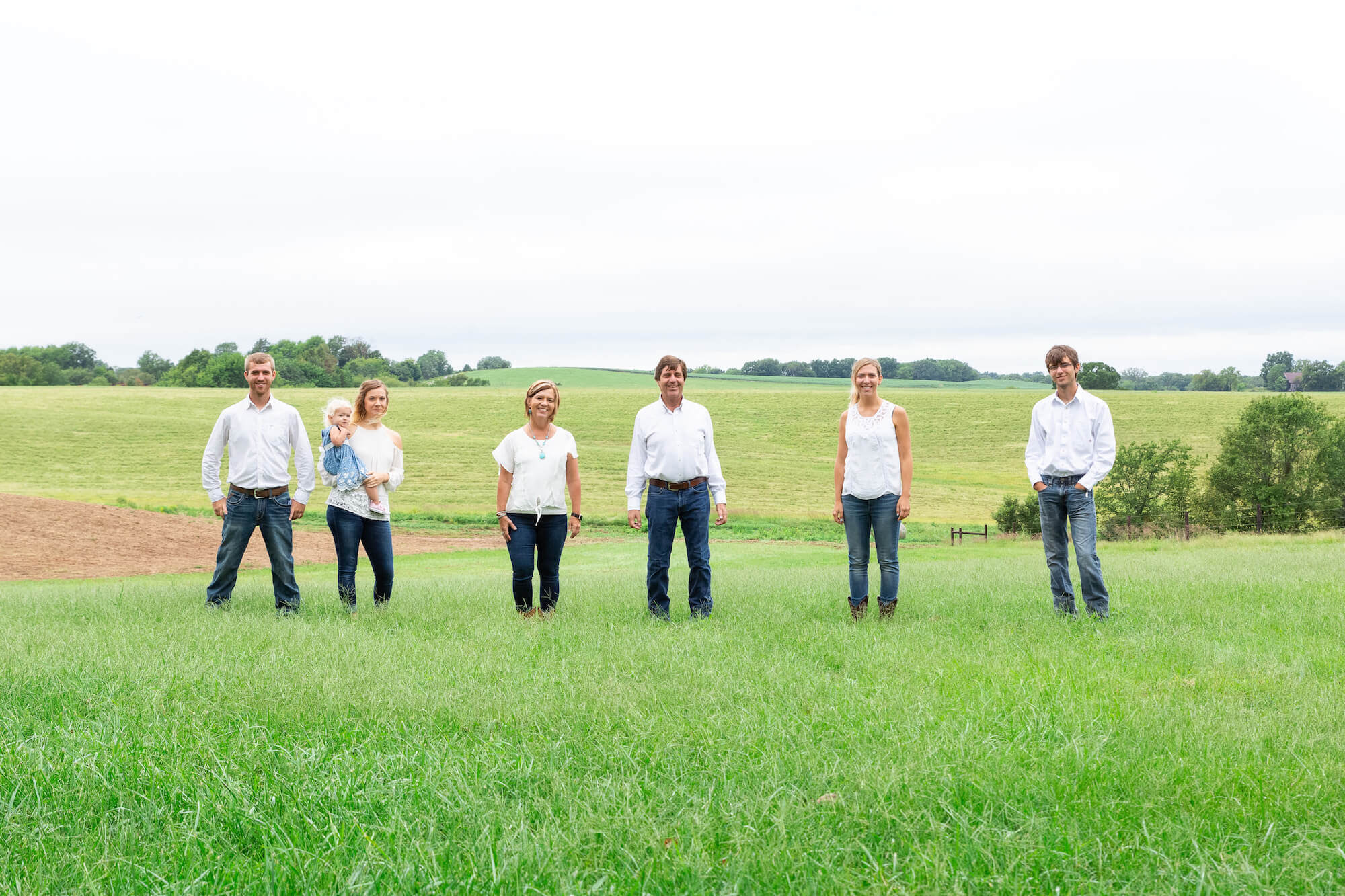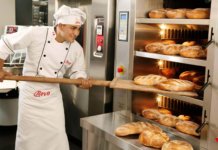Blending automation and social media marketing with traditional farming practices, Dierks Farms is a fifth-generation family business that is redefining modern agriculture. After inheriting the family farm in Southern Illinois, Larry and Pam Dierks discovered that raising grass-fed cattle and marketing their product to a health-conscious client base gave them a competitive edge.
As they learned more about the grass-fed beef market, they became convinced they were approaching consumers the wrong way. Rather than selling their product at unpredictable market rates, they started taking their beef to organic farmer’s markets and shipping it directly to the consumer. Through stepping up their social media capabilities and automating their correspondence, they’ve been able to build up a loyal customer base across the continental US. Dierks Farms is proof that innovative technologies like artificial intelligence have an important place even in conservative industries like farming.
Recently Tharawat Magazine had the opportunity to sit down with Pam Dierks to discuss their transition to an alternative market, the vital role automation has played in their business and the importance of technology in sustaining farms for generations to come.
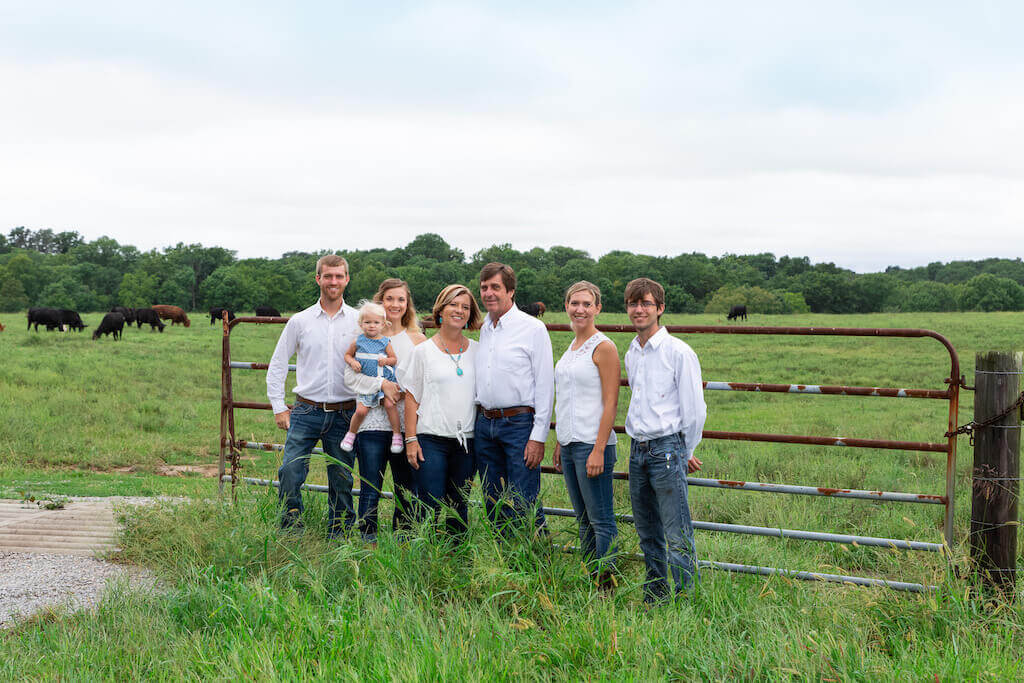
Tell us how Dierks Farms operates as a family business. Who works in the business and what roles do they play day-to-day?
All five us work in the business. Our oldest daughter is a lawyer, and she’s instrumental in helping us on contracts other legal issues. I have two boys, the oldest one graduated from college with a degree in agricultural business economics, and the youngest is in college right now pursuing the same degree. Graduating is conditional to them becoming partners in the family business, and the skills they’ve learned along the way have been crucial to our operations. The boys handle the shipping, and I handle the automation and the website. My husband manages the entire farm and takes care of the inventory, which can be extraordinarily challenging sometimes. We work together every day, and everybody pitches in. If a cow gets out, everyone is there to make sure we get it back. That’s just the way our farm is – we’re doing everything from marketing automation right down to cattle wrangling.
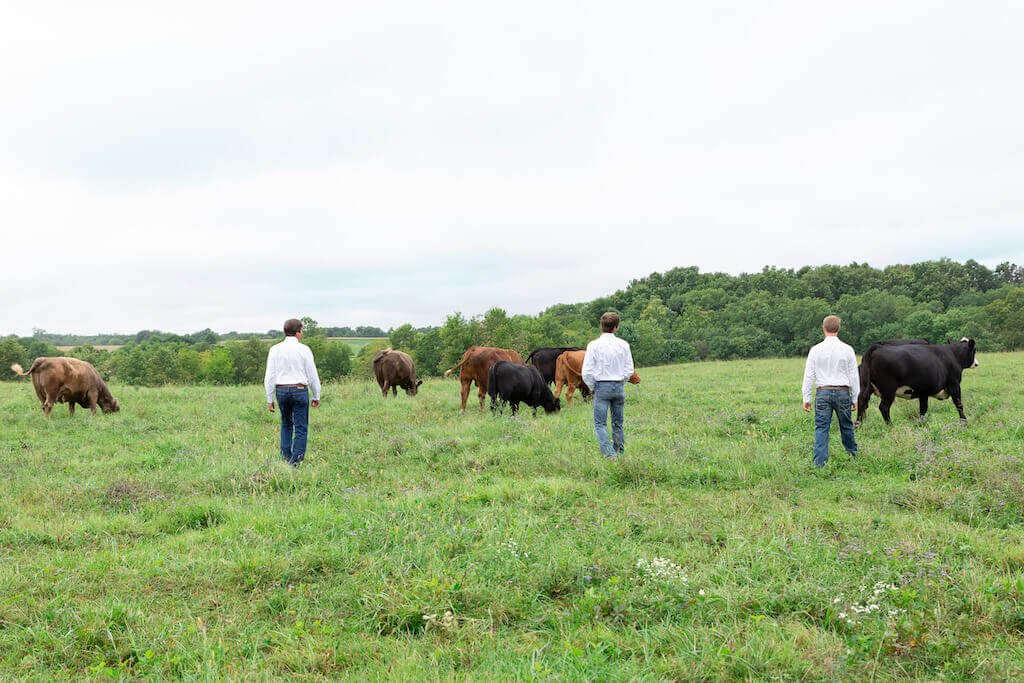
How did you come to specialise in raising grass-fed cattle?
It started when I went to a workshop on how to grow the family farm. One technique was using grass-fed cattle as a marketing tool, and we thought, ‘Well, we do this anyway.’ We’ve never fed grain to our animals, but we were selling them into the traditional market without advertising this aspect, so no one even knew that they were grass-fed. To differentiate ourselves from the competition, we decided to start marketing and shipping our beef directly to consumers in the continental US.
We no longer sell any of our products by conventional means, only by the half, whole, and quarter, as well as by the piece and the bundle, which sets us apart – very few farms do this.
What strategic changes were required to transition from a B2B to a more B2C business model?
The way in which we sell our product is completely different now. Aside from a presence at farmer’s markets, we deliver anywhere within 500 miles of our farm. Anywhere outside of that radius and we’ll package it up and send it. We have a contract with FedEx and use dry ice for long-distance shipments. Our beef arrives in insulated boxes with our logo on the side.
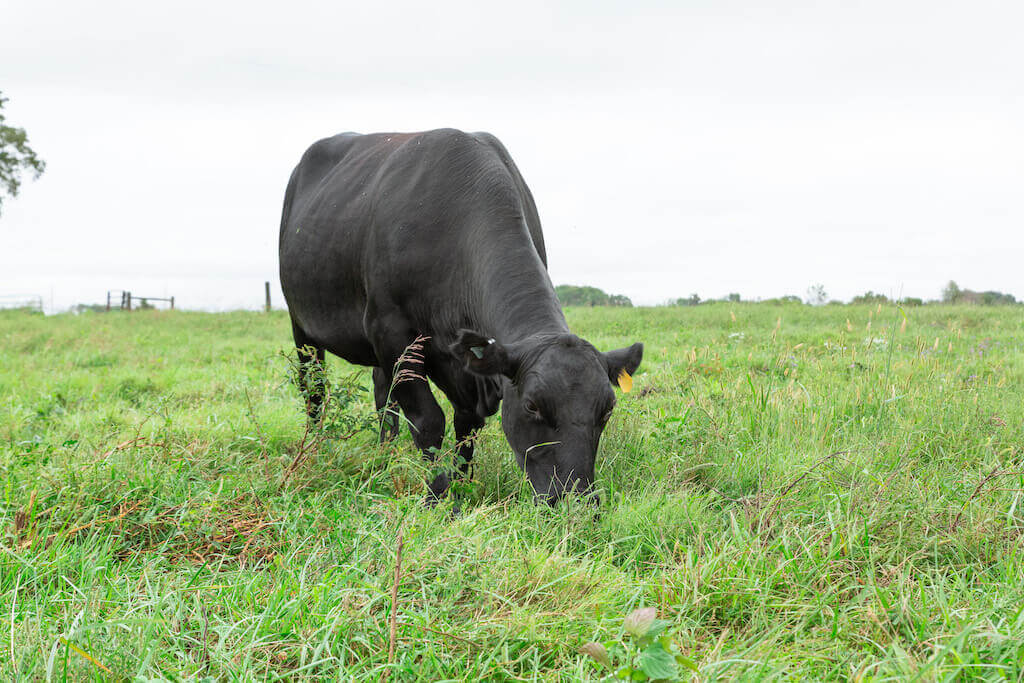
What will be important in sustaining the business into the sixth and seventh generations?
So far, moving away from the traditional market and specialising, both in terms of product and marketing has been crucial. There’s too much chance involved in conventional markets – I always say that you have better odds putting your money on a craps table in Las Vegas than you do putting seed in the ground. Even with cattle, variables in China – a drought, for example – can affect the price of beef in the US. We have a set price, which is slightly higher because it’s grass-fed, as well as antibiotic and steroid-free. As a result, we can depend on a consistent revenue stream.
Focusing on the health-conscious consumer will be increasingly important. There’s a growing awareness around what’s in our food. Many of our customers have health problems, and they worry about what their children eat – it’s important they feel comfortable with the food they feed their families.
Our greatest challenge will be keeping our herd healthy because we don’t use antibiotics. If one of our cattle gets sick, then we have to cull them all. This would be catastrophic, but it’s a reality of the way we operate. That’s why it’s incredibly important to pay close attention to the rotation of the pastures and the condition of our hay.
[ms-protect-content id=”4069,4129″]
You spoke about the importance of moving away from non-traditional markets. Why is this strategy not adopted by more farms?
Adopting an entirely new business model comes with a lot of apprehensions. We were blessed because I had worked at an advertising agency for many years – my background in marketing made the transition easier. We were able to find our customers relatively quickly. Farmers as a whole are uncomfortable with technology to the point where many farms still don’t have their books on a computer. From my perspective, you need the customer before the product, but in general, farmers believe the opposite. They start with the product and think that the people will come. You have to entice the people to come. The world is changing rapidly, and farmers, including my husband, are pretty set in their ways.
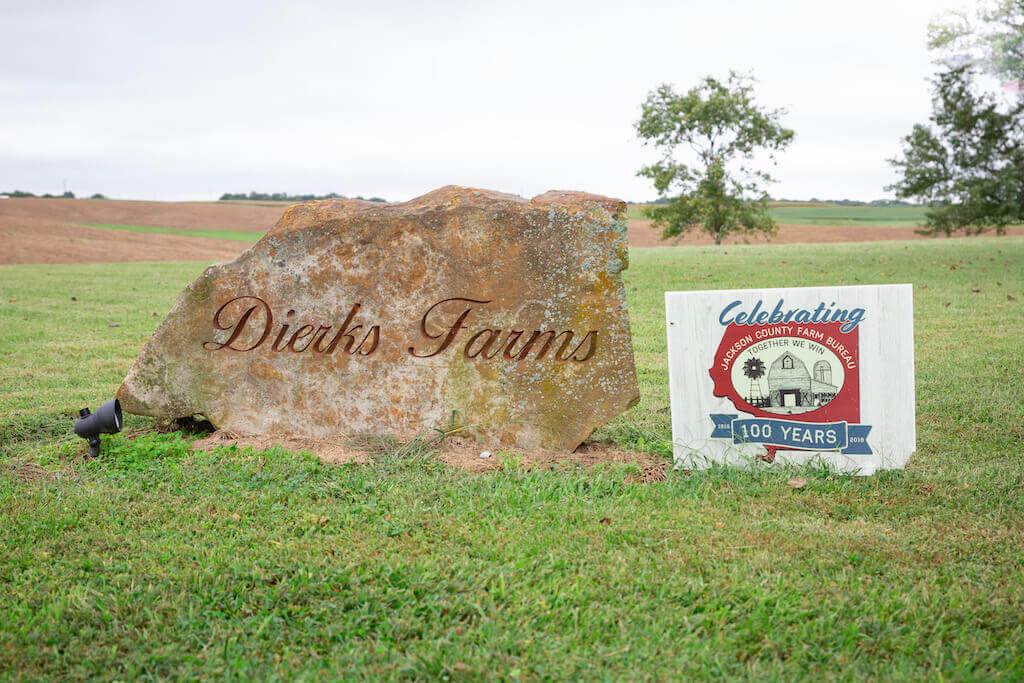
How have you integrated automation into your business?
While preparing a grant application, I came across Infusionsoft, which is what we use for automation. They had never worked with a farm before so we pioneered a new subset of their industry. Now, a lot of our business, at least in terms of correspondence is automated, as is much of our social media, which is extremely important for us. Social media brings them in, and the automation will tell them about our farm. To start with, they get an introduction about our history and how we operate. They place their order, and after so many days, they get a follow-up email that reads: ‘Did you get your order? Was it frozen? Was it in good shape?’ A few weeks after this, they get another email that asks them if they’d like to reorder. At the same time, we’re sending special offers and other promotions like recipes for the beef. All the automated messages are from my email address – it’s very personal. At the farmer’s market, I have people come up to me and say, ‘I really like your emails.’
What other areas of the farm will automation or artificial intelligence touch next?
Well, one of the things that we’re going to do in the future is selling grass-fed stock for breeding. This will enable other farmers to access to this niche market, which we think is important. Our correspondence and social media with regards to stock sale will be automated in much the same way that our beef sales are now.
Also, automation is becoming the norm for agricultural equipment. All our tractors are equipped with GPS technology allowing them to accurately track our hay, log precisely when it was sown and even how many seeds were sown to the acre. It’s crucial to know where you are on the inputs, so you know what needs to change to optimise your output.
How can farms ensure they are taking advantage of technology in a way that prepares them for that future?
Currently, the trend is towards niche farms. We’re niche, as is everything from vegetables down to wineries. However, finding a niche is not enough – niche farms also need to adopt the newest technology as soon as it’s viable. Next-generation farmers need a proper education because the farmer of tomorrow not only has to grow the crops and raise the herd, they’ll also have to market their products. Additionally, every farm will need a technician to run the equipment.
So, for Dierks Farms, one of our boys or daughters-in-law will need to take over my role. Something that I heard last night, and which resonated with me, was that if you don’t go with the future, you’re going to end up in the past and you’ll lose because the future has got to keep moving. Those who don’t learn and advance with it are the ones that don’t make it.
I’ve conducted workshops for groups of farmers, and some of them get it. Others, however, maintain a conservative stance and are staunchly resistant to change. The world won’t wait for them.
[/ms-protect-content]


